Empowering Rural Development in Colombia with Clean Energy, Safe Water and Sanitation
We install clean energy, safe water, sanitation, and connectivity solutions in rural and underserved communities using low-cost, sustainable, and community-led technologies
Promote sustainable rural development with actions that transform communities and promote public policy.
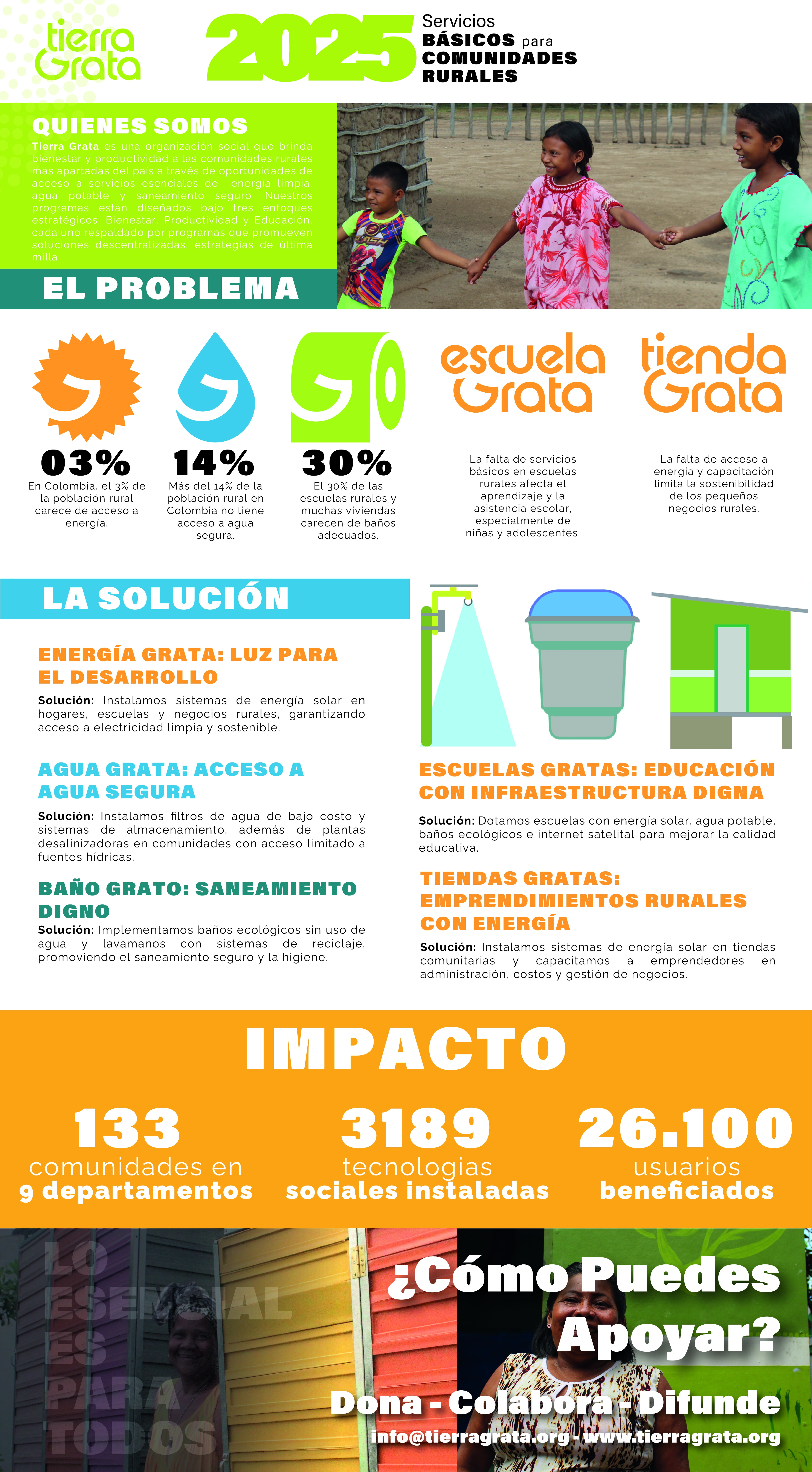
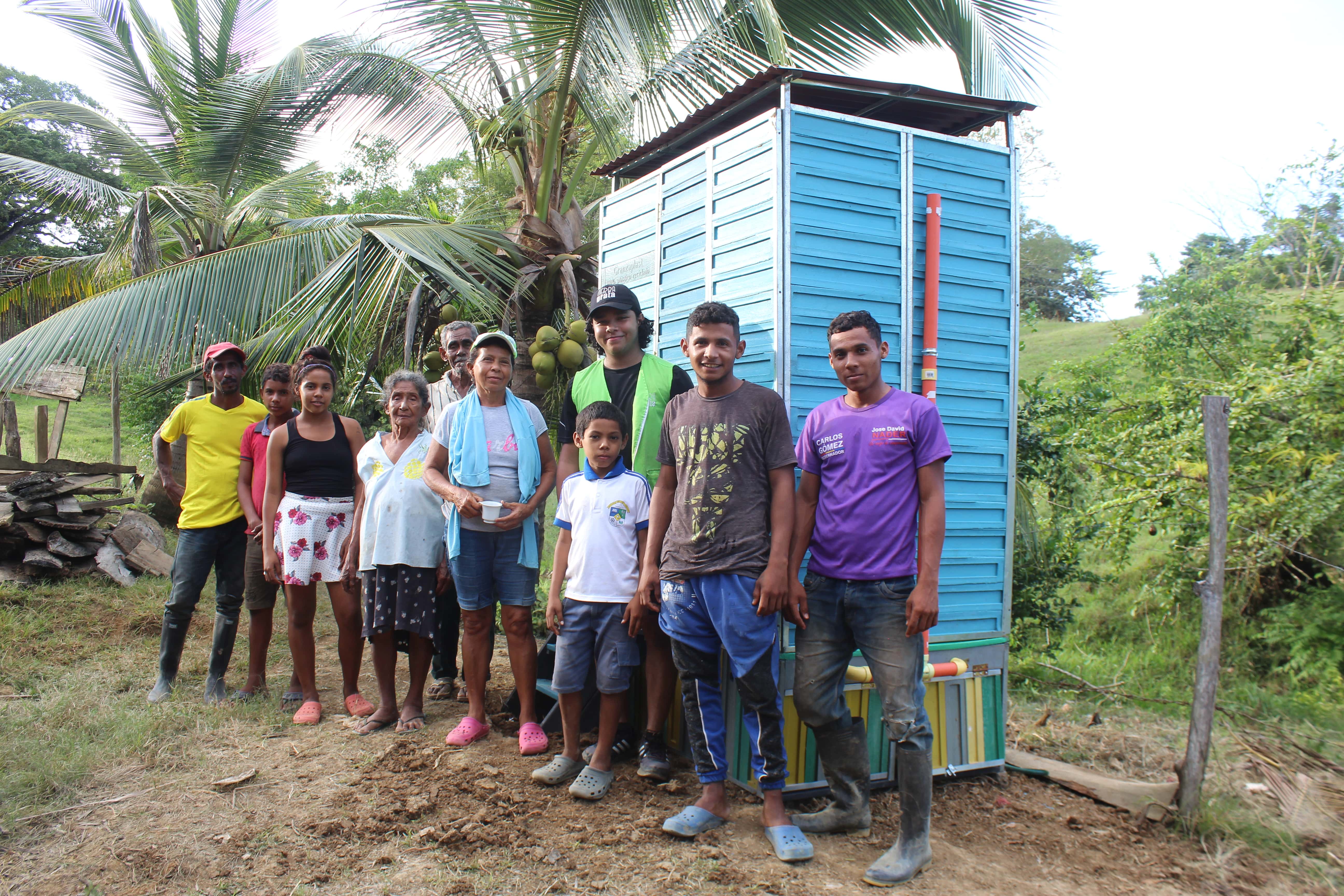
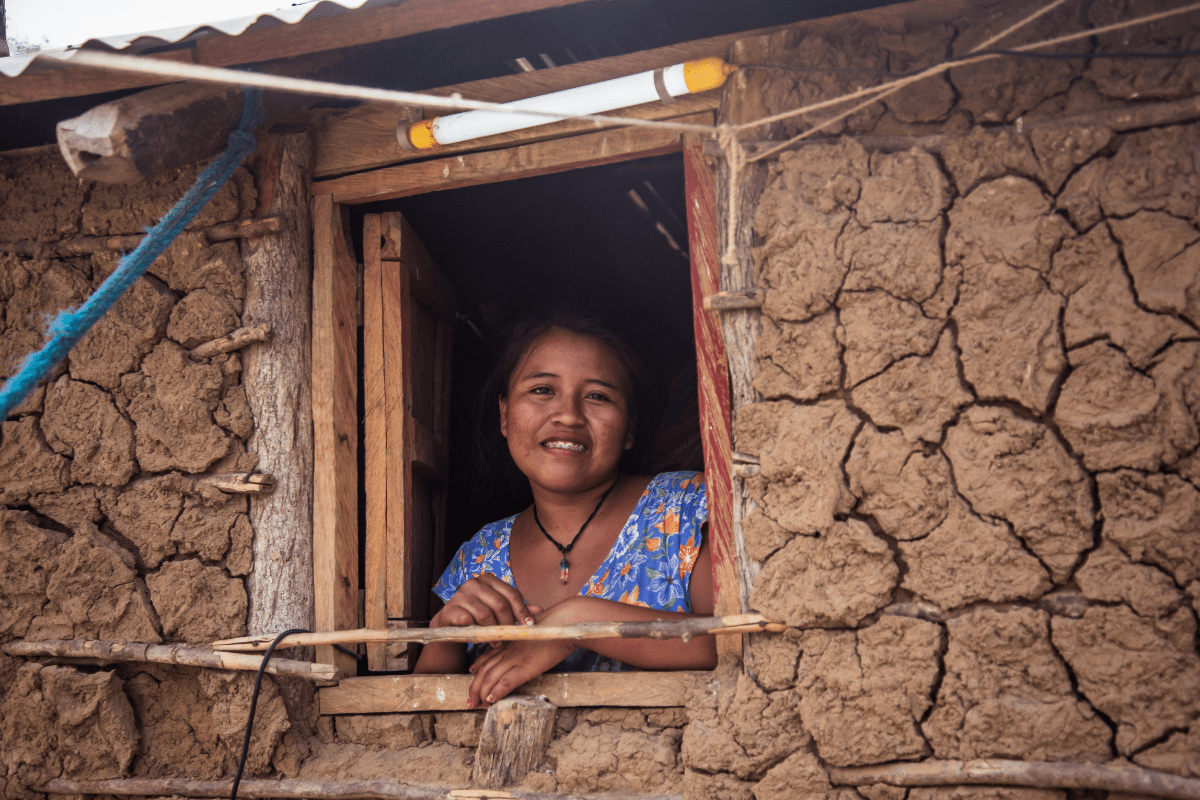
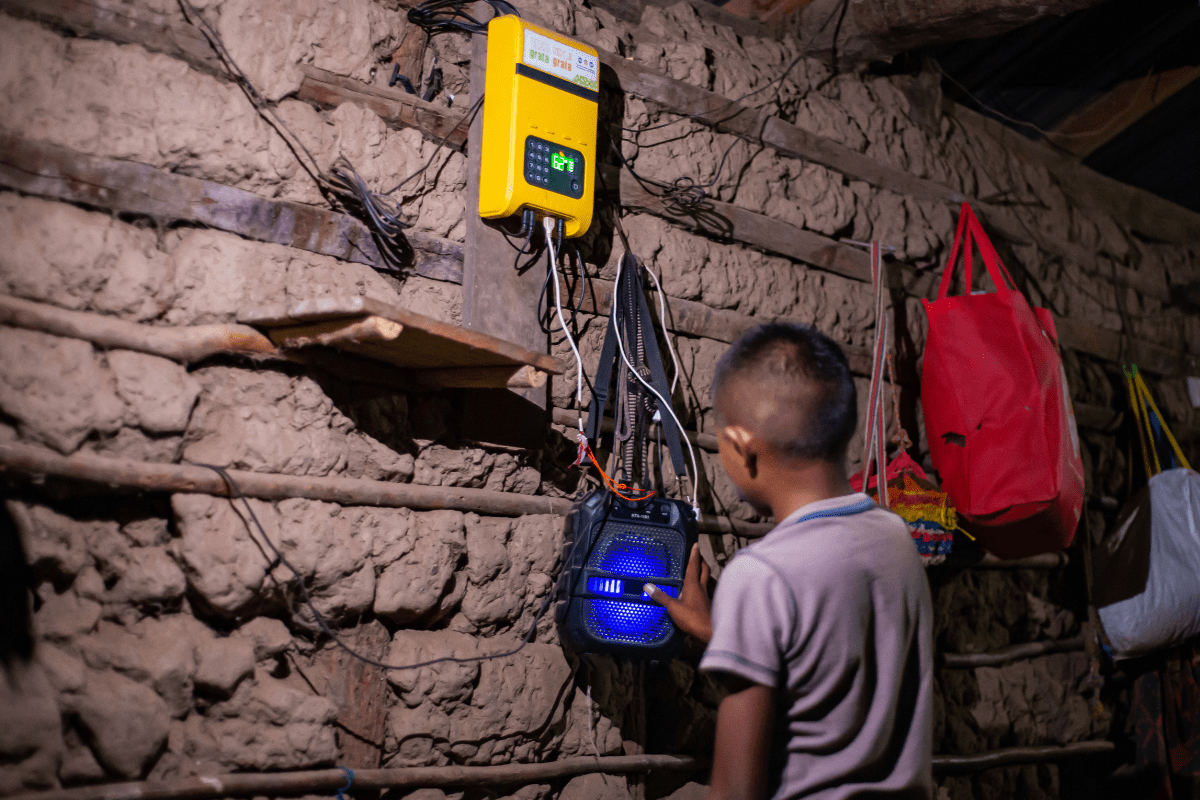
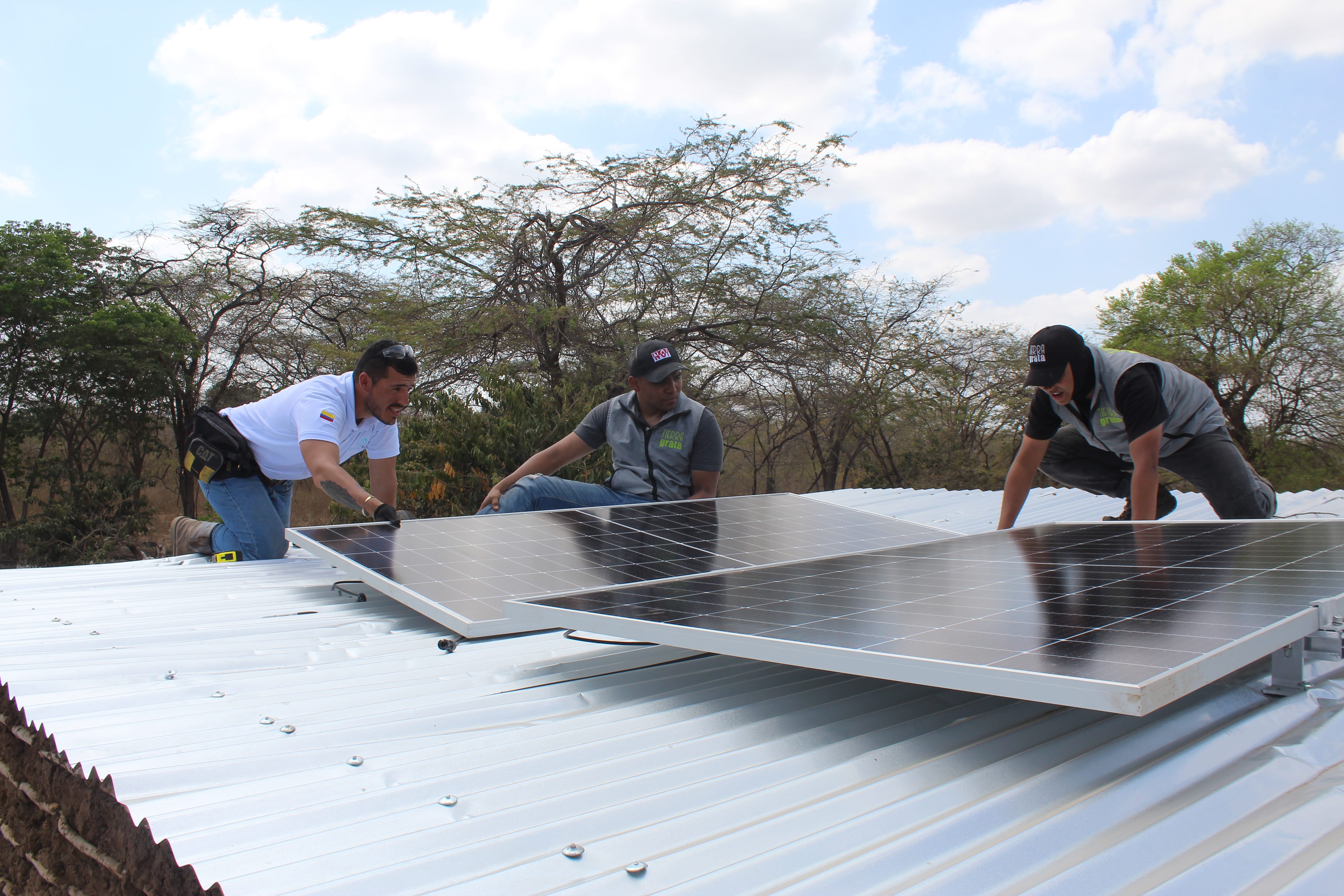
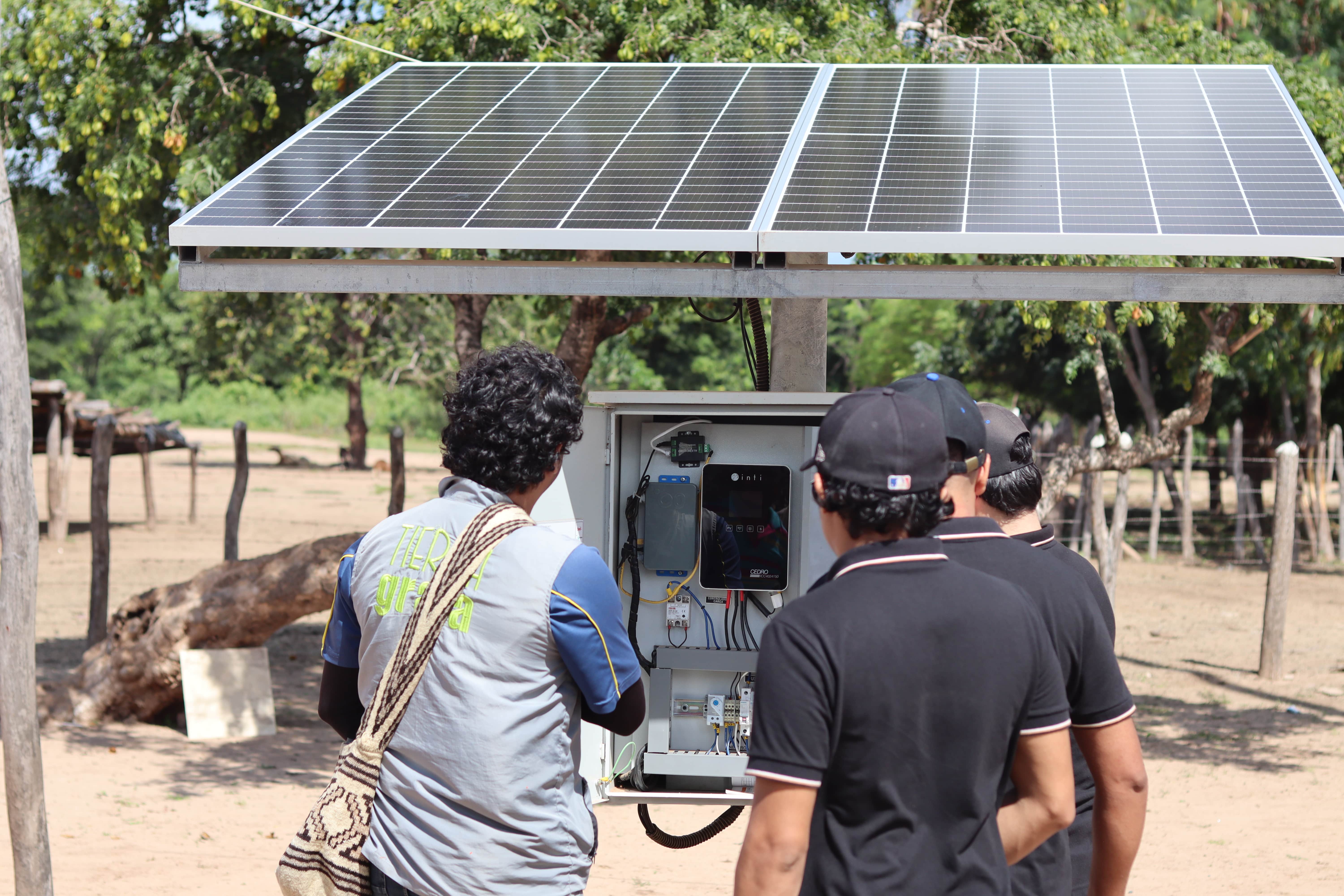
In Colombia, rural schools and homes are still left behind. 8% of rural communities have no electricity. Over 20% lack access to safe water. And 30% of rural schools don’t have basic sanitation. These gaps don’t just limit services, they limit lives. At Tierra Grata, we believe that dignity starts with access. That’s why we bring sustainable, off-grid solutions to rural communities. We install solar energy to power homes and schools. We provide water filters that offer clean, safe drinking water. We build dry, ecological bathrooms that restore privacy and health. We connect schools to the internet and open digital opportunities. We train women and local leaders to maintain and lead the change. With these solutions, we reach over 4,000 people each year in the rural and deep Colombia. Donate now and help us achieve a future where the essentials are for everyone.
+4,070 people benefit annually from access to sustainable basic services since 2015. 3,206 social technologies installed in rural and last-mille communities. 33 rural schools equipped with solar energy, water, and sanitation infrastructure. 10 rural schools with access to connectivity. 213 women and community leaders trained in the care and maintenance of solar and sanitation systems through our Guardians of Water and Light model. 16,793,424 kWh of clean energy generated annually, powering rural homes and schools sustainably. 777,767 kg of CO₂ emissions avoided each year through the adoption of solar energy instead of fossil fuels.
Families living in last-mile rural communities with no access to essential services such as clean water, sanitation, and electricity. Children aged 3 to 14 attending rural schools that lack access to basic services and digital connectivity. Unemployed youth and women in vulnerable rural areas, with limited economic opportunities and barriers to participation in formal markets.